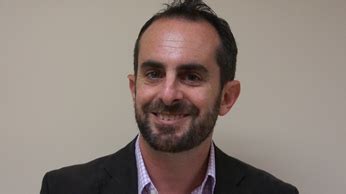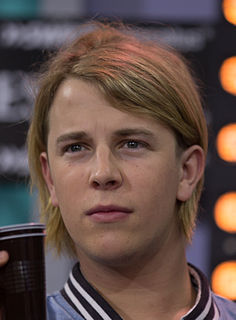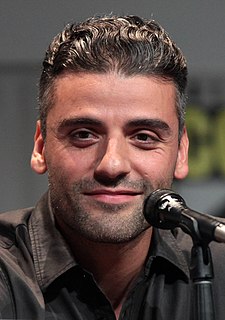A Quote by Jay Michaelson
The best songs of this [modern] period - the apocalyptic "High Water," for example - return [Bob] Dylan to where he was in his first phase, updating and transforming American traditional music.
Related Quotes
My favorite Bob Dylan record is the very first one where he sings one Bob Dylan song and the rest of them are his interpretations of the Dust Bowl-era folk songs, or even going back as far as the mass influx of people coming into the U.S. during the gold rush. His interpretations of those songs are incredible.
I'm also a big Bob Dylan fan. The songs on The Freewheelin' Bob Dylan - which is one of his best early albums - they grow out of some of his difficulties with Suze Rotolo, and "Hard Rain," people say it had to do with the Cuban missile crisis - probably not. He denied it. I believe him, but it certainly had to do with the time.
A brilliant 1989 album, Oh Mercy; some career retrospectives; and two albums of American folk songs, with just Bob Dylan and his guitar and harmonica. All that culminated in the Grammy-winning comeback album, Time Out of Mind (1997). Once again, just as Dylan seemed to be out of it, he was back at the top of his game.
There has been a ton of excellent music in this period (along with a few misses), evoking scenes like a bar-room brawl at a border-town dive, a washed-up singer in a smoky lounge, and the scenes of violence in Bob Dylan latter-day music videos.I think the ethos of this period is best summed up in the 2001 song "Summer Days".

































